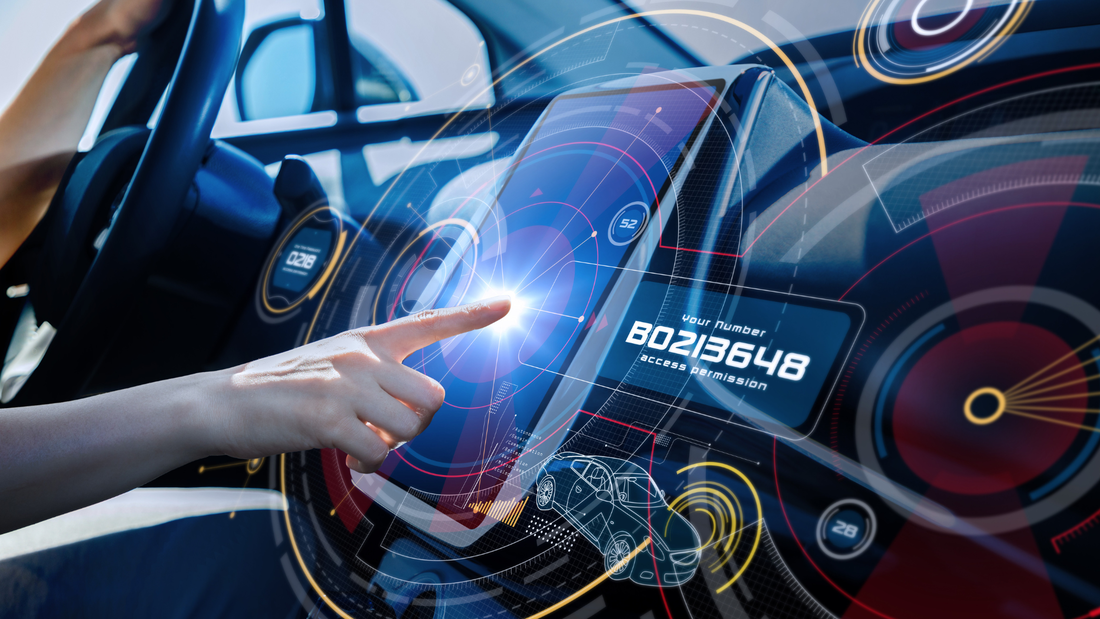|
Every now and then, even with an outlook jaded by knowledge of the many ways we can be surveilled, we come across some new outrage and find ourselves shouting – “no, wait, they’re doing what?”
The final dismissal of a class-action lawsuit law by a federal judge in Seattle on Tuesday reveals a precise and disturbing way in which our cars are spying on us. Cars hold the contents of our texts messages and phone call records in a way that can be retrieved by the government but not by us. The judge in this case ruled that Honda, Toyota, Volkswagen, and General Motors did not meet the necessary threshold to be held in violation of a Washington State privacy law. The claim was that the onboard entertainment system in these vehicles record and intercept customers’ private text messages and mobile phone call logs. The class-action failed because the Washington Privacy Act’s standard requires a plaintiff to approve that “his or her business, his or her person, or his or her reputation” has been threatened. What emerged from this loss in court is still alarming. Software in cars made by Maryland-based Berla Corp. (slogan: “Staggering Amounts of Data. Endless Possibilities”) allows messages to be downloaded but makes it impossible for vehicle owners to access their communications and call logs. Law enforcement, however, can gain ready access to our data, while car manufacturers make extra money selling our data to advertisers. This brings to mind legislation proposed in 2021 by Sens. Ron Wyden (D-OR) and Cynthia Lummis (R-WY) along with Reps. Peter Meijer (R-MI) and Ro Khanna (D-CA). Under their proposal, law enforcement would have to obtain a warrant based on probable cause before searching data from any vehicle that does not require a commercial driver’s license. Under the “Closing the Warrantless Digital Car Search Loophole Act,” any vehicle data obtained in violation of this law would be inadmissible in court. Sen. Wyden in a statement at the time said: “Americans’ Fourth Amendment rights shouldn’t disappear just because they’ve stepped into a car.” They shouldn’t. But as this federal judge made clear, they do. Comments are closed.
|
Categories
All
|


 RSS Feed
RSS Feed